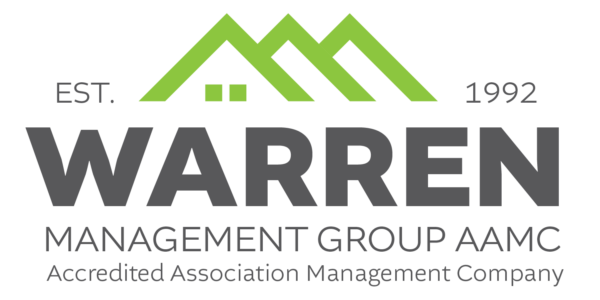
Situations involving conflict are always easier to address and resolve when a prior relationship between the parties has been established. Every time I’ve facilitated a New Resident Orientation with new owners in a community, I have always encouraged them to make it a priority to introduce themselves to their neighbors sooner than later so that when a conflict did come up, the conversation didn’t begin with an exchange of names and introductions.
The adoption of a Board Member Code of Conduct Policy comes with some similar considerations. Establishing the ground rules surrounding how the Association’s meetings will be operated and the expectation of those attending is much easier to implement before any conflict surfaces. Then, when a procedure isn’t followed, someone’s behavior is out of order, or an owner becomes upset because their comments during a meeting are limited to three minutes, the ability to reference a policy that was previously agreed to and published for review by all Members becomes a much easier conversation between the parties. And since it’s in place before the conflict rears its head, it allows the President to address the matter with far less chance of an emotionally charged response from the offender.
Some Associations have even taken it one step further and combined their Code of Conduct Policy with their Meeting Policy. This provides a single document where all things “meetings” are covered. And not just the Board Meetings. Membership Meetings, Architectural and other Committee Meetings, and even how and when the Board exercises their use of Executive Session in their Board Meetings. While policy isn’t necessarily being established, there is nothing wrong with including provisions from statutes, the Association’s Bylaws, or other governing documents in the policy.
An established policy of this nature can also be very useful to both the nominating committee and the Board of Directors when the time comes to place a call for candidates for an upcoming election or interview those candidates. Requiring them to acknowledge that they have read, understand, and agree to abide by the policy can oftentimes eliminate someone who may wish to join the Board for the wrong reasons from even nominating themselves. I always encourage Boards to renew their commitment to upholding the Code of Conduct Policy at the first meeting of each year by resigning the policy and documenting it in the minutes. This not only puts new board members on record for their commitment but also demonstrates a collaborative agreement to be respectful and efficient during meetings.
